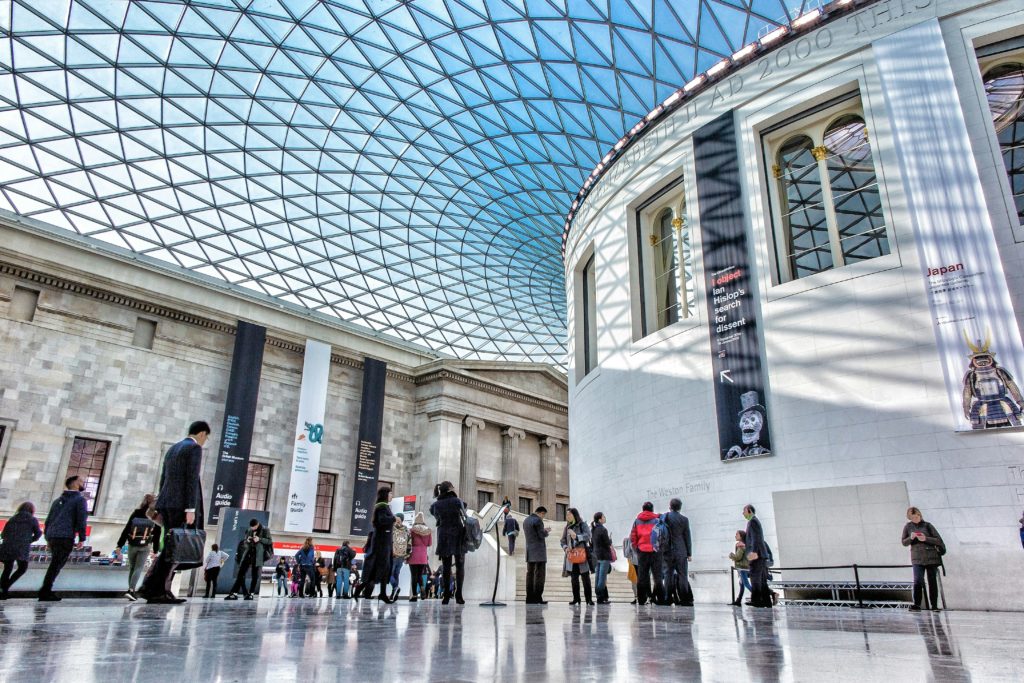
In the summer of 2023, the British Museum received some unwanted attention when Chinese Canadian translator Yilin Wang called the museum out for using two of her translations of poems by the early 20th century feminist revolutionary Qiu Jin without obtaining permission, offering compensation, or publicly recognising her as the translator.

Although the case has been amicably resolved, it highlighted the fact that many cultural institutions appear to have a lax and uninformed approach to the use of copyrighted translated material.
It is likely that many instances of misappropriation are due more to a lack of knowledge or understanding than an intent to appropriate. To some, it may even come as a surprise to learn that translations of intellectual property are themselves derivative works and, as such, are also protected by copyright law – with the notable difference that the copyright holder is the translator, not the original author or current copyright holder.
In an effort to prevent future occurrences of such mishaps, FIT’s Standing Committee for Translating for Publishing Houses and Copyright decided to set down guidelines that might help cultural institutions make more informed and ethically sound decisions on how to proceed when they wish to use translated material in their exhibitions and other public-facing activities.
FIT President Alison Rodriguez initially reached out to the Institute of Translation and Interpreting (ITI) over the issue as the local FIT member in England, and a FIT–ITI collaboration was born. The group drafted the guidelines together, and ITI offered to create the finished product with the organisations’ respective logos and boilerplates.
We are very pleased with the result, which FIT will distribute to cultural institutions worldwide so that it might inform the highest possible number of users of translations. You can read the guidelines .
Jan Naess, FIT Standing Committee for Translating for Publishing Houses and Copyright
